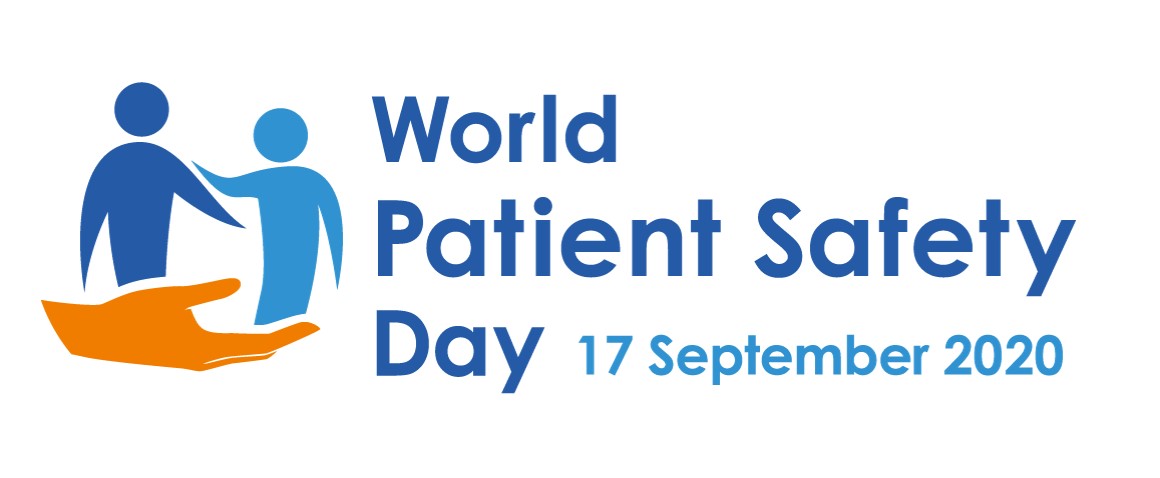Nutrition interventions are an effective tool for addressing patient safety
On this World Patient Safety Day, we celebrate the health workers who have faced huge challenges and great risk in keeping patients—and themselves—safe during this global public health crisis. We also call out the important role of appropriate nutrition interventions across the continuum of care in improving patient safety and outcomes.
The current COVID-19 global public health crisis has highlighted even more the vulnerability of patients and the critical role that healthcare workers play in safeguarding patients’ health, especially as our healthcare systems and health workers are challenged to safely treat a large influx of patients.
During this pandemic, foods for special dietary use (FSDU) have been a critical necessity to meet the nutritional requirements of those in need and, for severe COVID-19 patients, foods for special medical purposes (FSMP) can be a lifeline by providing the essential nutrients they need to recover and thrive.
Data show that nutrition-focused interventions are a low-risk and cost-effective strategy that can significantly improve outcomes for patients. The provision of nutrition, particularly early enteral nutrition, administered via a feeding tube in critically ill and surgical patients, has been recognised as an effective measure for patient safety[1].
In addition to treatment, nutrition screening is also an important tool to enable healthcare professionals to identify patients who are at-risk of disease-related malnutrition and who would benefit from medically-recommended nutrition interventions.
Furthermore, comprehensive nutrition assessments and Quality Improvement Programmes (QIPs), which systematically develop, test and evaluate changes to clinical practice, should provide the basis for individualised nutrition care and management plans.
Download the press release.
[1] Mitchell PH. Defining Patient Safety and Quality Care. In: Hughes RG, editor. Patient Safety and Quality: An Evidence-Based Handbook for Nurses. Rockville (MD): Agency for Healthcare Research and Quality (US); 2008 Apr. Chapter 1. Available from: https://www.ncbi.nlm.nih.gov/books/NBK2681/

